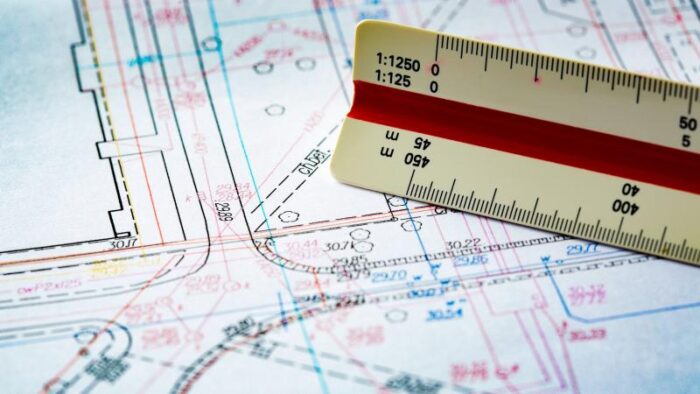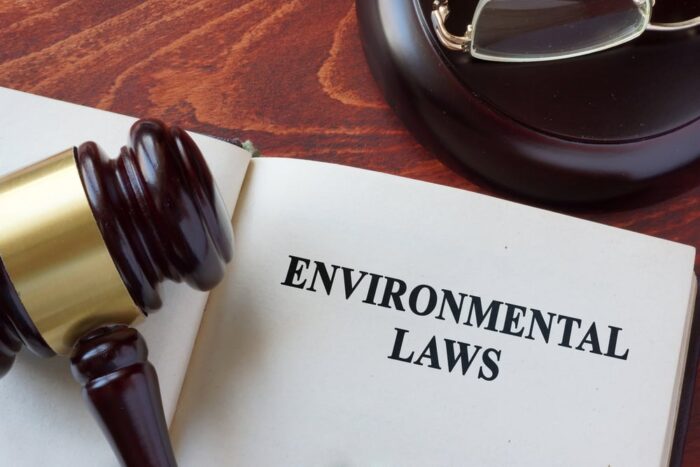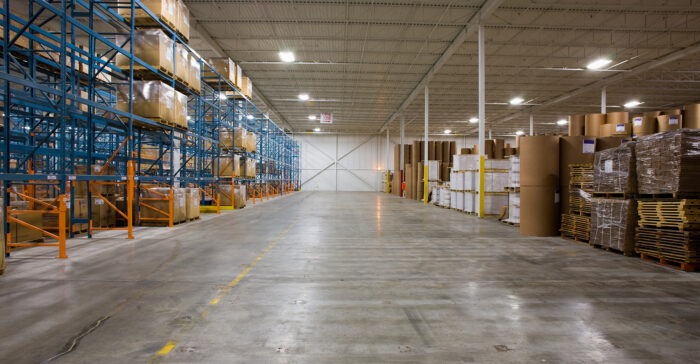Every person should know that navigating the legal and regulatory requirements when they are buying or leasing a warehouse is a critical part of ensuring the success of their business. In general, warehouse regulations can vary widely depending on so many different factors. We are talking about the location, size, and planned use of that facility. However, everyone who pays attention and understands regulation will actually ensure that he is avoiding some costly fines, some types of legal disputes, and even the potential closure of that warehouse. Comply with the regulations and be peaceful. We are going to list those legal and regulatory requirements that you must keep in mind when buying or leasing a warehouse.
Table of Contents
Zoning Laws

First of all, we are going to introduce you to the term of zoning laws. What you primarily need to know is that these laws represent regulations that determine the types of buildings or businesses that are allowed in specific areas. You are probably wondering what the purpose of zoning laws is. Well, they are created with the goal of ensuring that some land is effectively and efficiently used. This means that the neighborhood will not be disrupted in any way when the land is used for new buildings or businesses. If you are interested, you can find a warehouse in this locations and save yourself a lot of time. Also, make sure that the purpose of your warehouse is in compliance with these laws. In case you are looking to buy a warehouse, check the local plans that the zoning department can provide you and see that the location you want to use is zoned or intended for the industrial type of use. This applies to leasing a warehouse as well. You will need to check whether the lease agreement includes the use of that property.
Building Codes
The second thing you must do is introduce yourself to so-called building codes. They are a set of safety standards as well as guidelines that are designed with the purpose of ensuring that your warehouse is meeting specific standards. Those standards refer to structure, electric, and fire safety. Building codes actually need to protect the safety and the health of workers that will be operating in the building. Therefore, before you take the final step of buying or leasing some warehouse, you must find a professional person who will do the inspection and make sure that the warehouse complies with the mentioned codes. In most common cases, code requirements refer to having the installation of fire sprinklers, a quality ventilation system, and proper lighting.
Environmental Regulations

Now, it is time to talk about environmental regulations because they are also highly important if someone wants to purchase or lease a warehouse. These types of regulations are meant to cover areas such as hazardous materials, air quality, and water pollution. The primary goal of these regulations is to protect our environment as well as human health. It is highly significant that the warehouse meets eco regulations. In case of failing to meet and comply with environmental regulations will result in costly fines or some rigorous legal action, and that is the last thing you would want.
Accessibility
One more thing that you need to be familiar with is that The Americans with Disabilities Act (ADA) requires that all buildings, which means warehouses as well are accessible to people with some type of disabilities. The warehouse you want must be constructed and designed in a way that will ensure that all people can access it. Therefore, inspect whether the warehouse that you like has installed accessible parking spaces, ramps, and doors. Many people forget about these regulations, and they are necessary because people who have some type of disability would not be able to come.
Employment Regulations
The next regulations that you need to meet are employment ones. Their purpose is to cover areas that are linked to employment requirements, such as minimum wage, overtime pay, and worker safety. Their purpose is to protect and save the rights of all workers. Also, in that way, the work environment will be completely safe. First of all, the warehouse must meet Occupational Safety and Health Administration (OSHA) standards.
Insurance

When a person is either buying or leasing a warehouse, insurance is one more essential consideration. Believe it or not, all warehouse operations can come with significant risks, and there are so many different risks that can occur. We can name a few of them, such as property damage, employee injuries, and liability claims. You logically want to avoid the occurrence of these risks, so we suggest you obtain appropriate insurance coverage that will protect against all possible risks. There are different insurance coverages when it comes to the warehouse, and they are property insurance, liability insurance, and workers’ compensation insurance. We suggest you consult with an experienced professional that understands insurance so he can help you determine what kind of coverage you will need for your operations and needs. Do not forget to review the insurance requirements that come with any contract or agreement related to your new warehouse, including lease agreements or supplier contracts. In that way, you will ensure compliance. In case you fail to obtain adequate insurance coverage, you can expect that the outcome will be significant financial losses and even legal issues.
Contracts and Agreements
Whatever you are buying, you know that contract or agreement is an important part that will protect you and your interests. The same thing counts for the warehouse. A proper contract will protect both parties that are included. In general, the purpose of these documents is to outline crucial terms of the lease or sale, and in that, is included the price, payment schedule and method, and any other contingencies. When you are buying a warehouse, you need to pay attention that these documents are completely clear and concise. We suggest you speak with an attorney so he can review legal documents for you. In that way, you will not have to worry about any risks or problems occurring.
Permits and Licenses
As you probably already know, permits and licenses are also required for warehouse operation, and it is not important what is the location or even purpose of your new warehouse. The most significant permits and licenses that are necessary to know about are business licenses, building permits, permits for hazardous materials, and permits for signage. Make sure to obtain all of the mentioned permits before you start with the operation of the warehouse because only in that way will you make sure you will avoid the risk of legal issues or fines.

